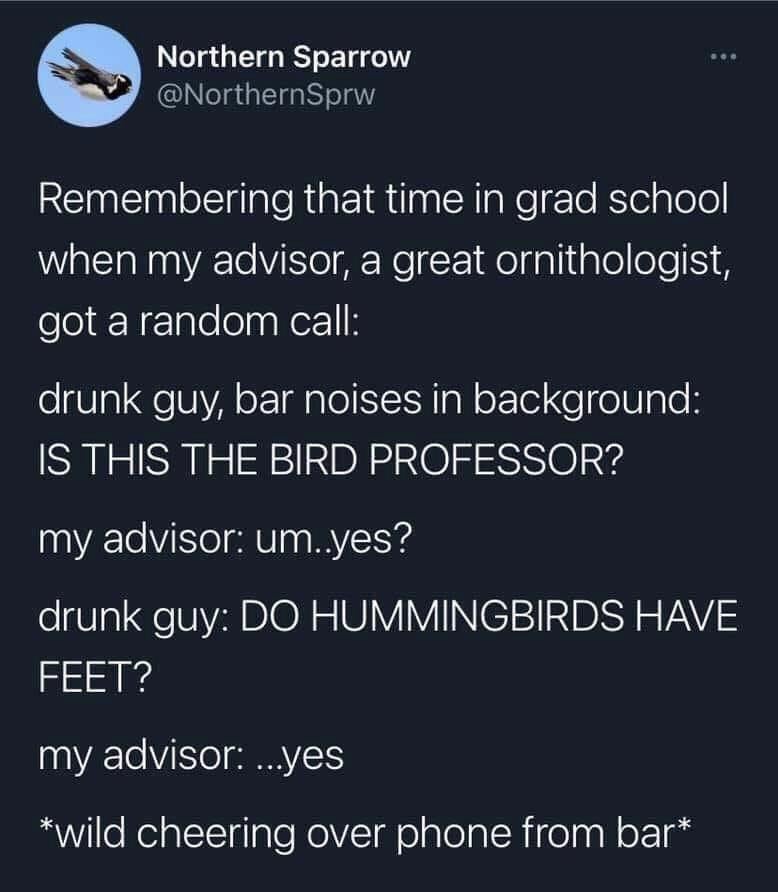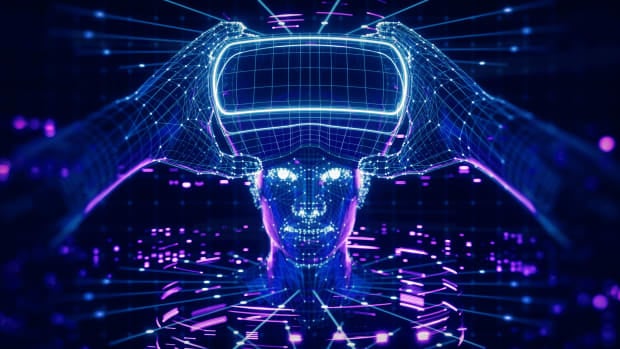I would imagine it was harder to get information on topics as you would’ve had to buy/borrow encyclopedias to do.
Were there proprietary predecessor websites?
Tell me about the dark ages!
One word: Encarta.
This.
“Don’t just copy and paste from Encarta” was commonly recited by my teachers when I was younger
Encyclopædia Britannica also used to have a version released on DVD.
I remember when this came out, blew my mind. 1 cd vs a couple hundred kg worth of huge analogue encyclopaedia books.
Remember the Mindmaze game in Encarta?
And before that, Britannica
Arguments at the dinner table were solved by an exasperated FINE, I’ll get up and get the encyclopedia just to prove you wrong
Also, we had Encarta. It wasn’t online, but on a CD-ROM so you could view it digitally compared to the dozens of hefty books
deleted by creator
We didn’t have encarta either. We would break out the encyclopedia
And any school project started with the encyclopedia and then a trip to the library for further research.
When I learned about Wikipedia it was awesome.
We had this thing called a library. With books.

Before that, you had to get your Encyclopedia on a CD. Encarta '98 was the shit. Some of the articles had pictures and even video clips! At 320x240 resolution and 15 FPS, but my laptop was playing real video, like a TV! It was mind-blowing shit. I watched the video clip of a earthquake in Kobe, Japan over and over again. If I remember correctly, there was actually a second video of people white-water rafting. Two whole videos, that I could play on my computer. Those were the days…
AHH Encarta and the mind maze
You could argue about who was right about some obscure fact all night long, or come up with your own creative theories.
Nowadays, in less than a minute, someone will look it up, killing the conversation.I had a friend who would just make shit up to try to win arguments.
Hi, it’s me, your friend.
Now you’re just making shit up.
You say that like it’s a bad thing but I LOVE to kill conversations with citations. “Here’s an article from the 90s where Trump talks up Epstein. Sounds like they were buds after all!”
My father and his wife still do this. I enjoy letting them bicker about dumb shit for five minutes before pulling out my phone and saying “OK, Google…” so they can hear the results and then get mad at each other and the internet for the answer.
In the long, long ago times we had these things called libraries where books were checked out and accessible by using a card. Finding out factual information could take a bit of time depending on how obscure it was, but librarians were very helpful in finding things.
Otherwise stuff was mostly passed on by word of mouth and people tended to believe whoever said stuff with the most confidence. So like today’s social media, but slower and mostly in person.
I’ll be honest man: it sucked.
Imagine a time where you had a question, and you just… didn’t get to know the answer. Like, literally every time you just had to hope someone in your general area had some level of confidence in their answer to satisfy your curiosity until you could confirm it later. Or you’d just go around repeating it to people with out confirming. Whatever.
If something was important enough, you’d go track down an answer. Remember to look it up when you got home using your parent’s encyclopedias. Or make a trip to the library.
In a way, we kind of lost something: conversation and discussion. Before I feel like people really picked apart an issue where you’d all come up with a consensus over a few hours of discussion about a topic at a party or something. Then someone would come back with the answer another day, and bring in some more stuff they learned while looking it up, and it would start a whole new conversation.
In the long-long-ago, encyclopaedias were on paper, 28 volumes, and weighed 14kg. Quite comprehensive.
Then encyclopaedias were on a CD or two, around 100g.
Before Wikipedia, everything2 was a previous example of a massively-interlinked-website. You could search and maybe turn up some details.
Or prior to google being created, you would just do a search in metacrawler.com to usually turn up some OK answers.
Just random webpages that you took at face value because there’s no way someone can publish misinformation on something as big and sophisticated as this internet thing.
People used to call the Reference Desk at their local public library to ask a question and get an answer.
I had a Microsoft Encarta on a cd that I used for projects when I was young, Wikipedia launched midway through my grade 5 and by grade 6 I was using it for research (despite the “you can’t trust Wikipedia, anyone can edit it!” that was still a thing into grade 12 from my teachers) for any school project. My parents also had a copy of the Oxford’s Canadian English dictionary that was an absolute time, used that a heck of a lot too.
I use Wikipedia as a jumping off point, good to get information, get the details from citations. I wasn’t old enough to do complex work pretty wikipedia, but I’d imagine it’d be the same thing, encyclopaedia to lookup a topic, dive into reference materials for details from there.
Encyclopedias and libraries. I was lucky enough to have an encyclopedia set at home growing up, and I read the entire thing cover to cover, A to Z.
library
I loved going to the library’s giant shelf of encyclopedias and picking one at random and flipping through the pages and skim reading.
The books were heavy and had a distinctive smell, and occasionally someone tore out a page and then that was just lost knowledge.
If there was a speicific question, Librarians were essentially our search engine, you’d ask them a question, and they’d think on it, maybe even ask a couple follow up questions, and they’d tell you to come back in a little bit or even a couple days, and when you return they’d hand you a list of books to find and checkout/read to find your answer.
It wasn’t fast, but it made finding answers and factoids its own adventure.










